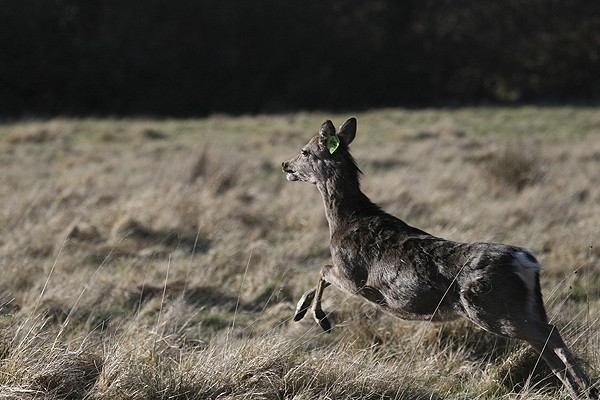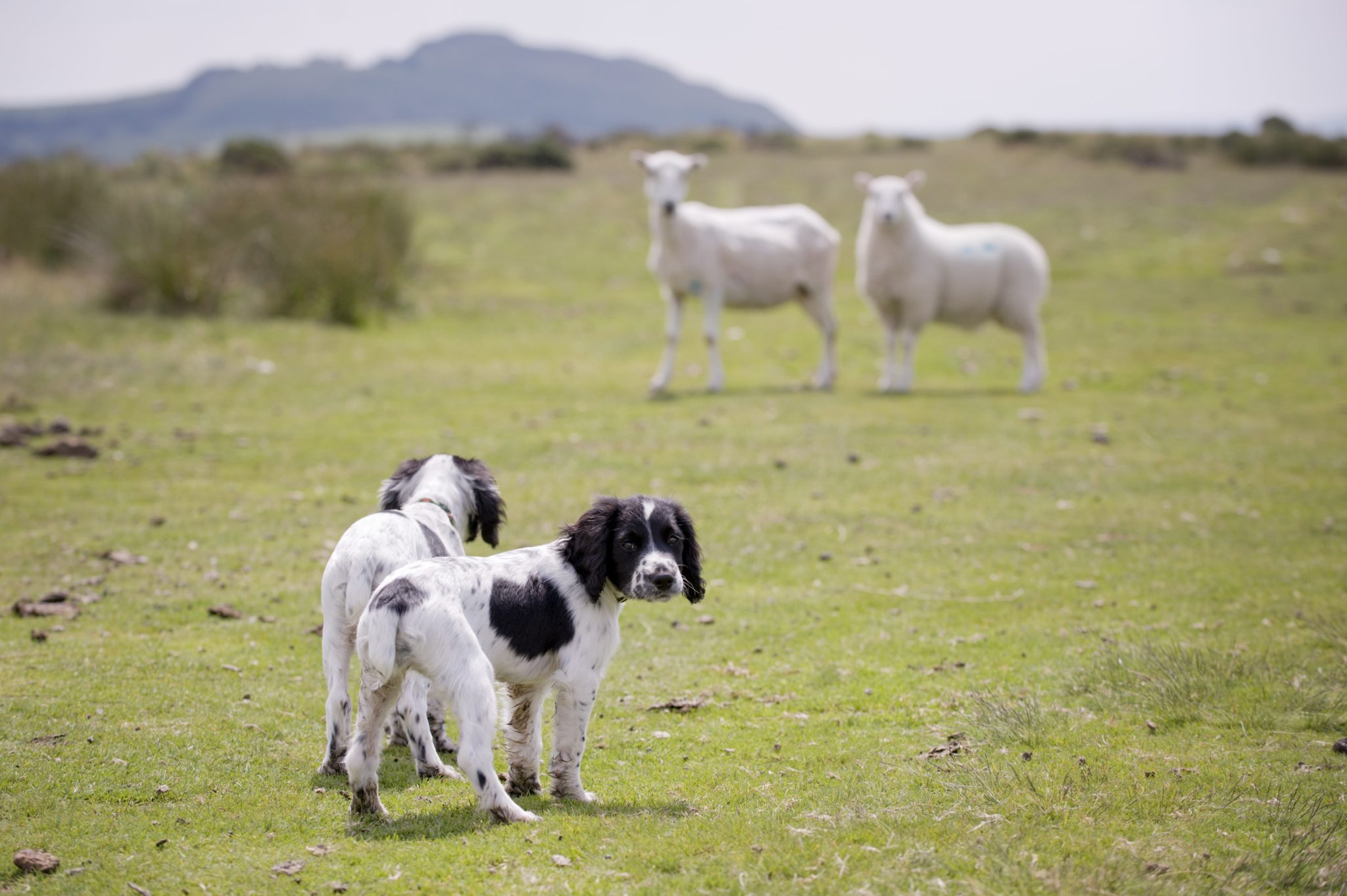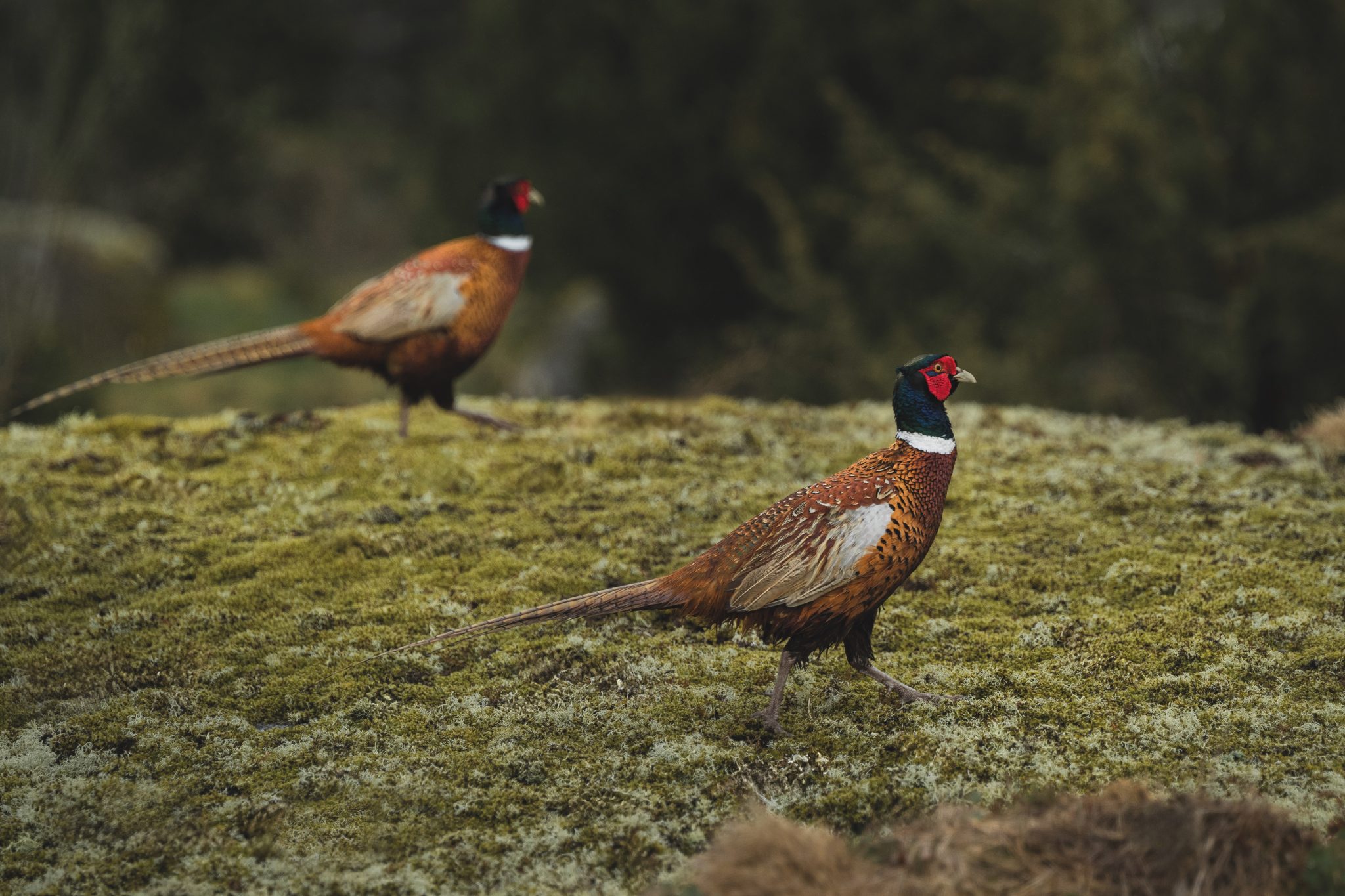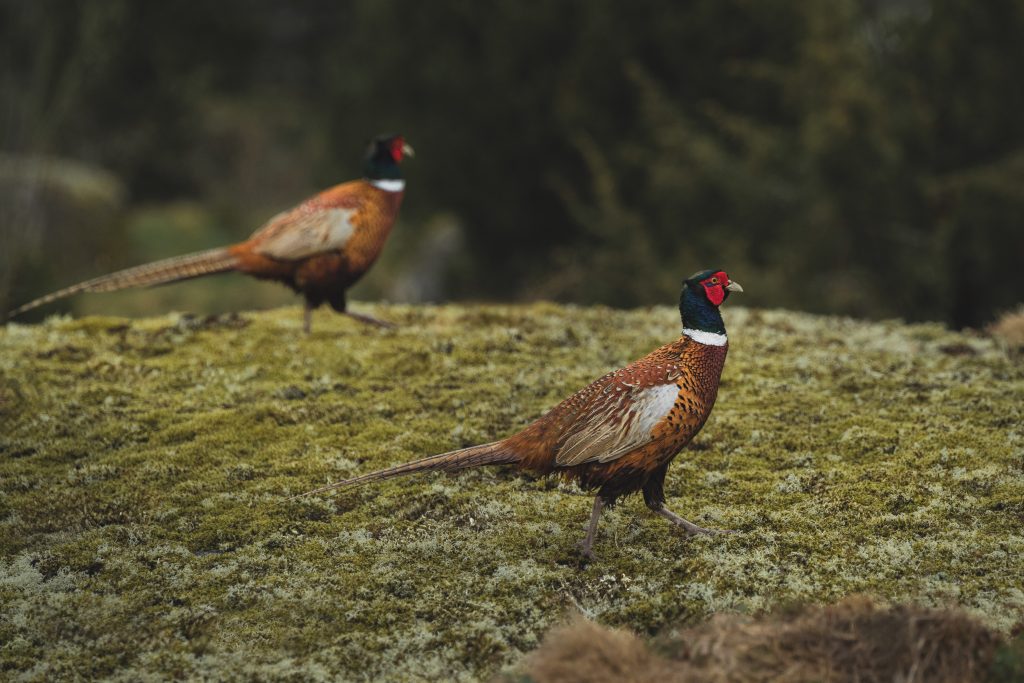Win CENS ProFlex DX5 earplugs worth £1,149 – enter here
Dorset sika tagged for science
A new study finalises the release of satellite-tracked and GPS-tagged sika into the Dorset countryside

Stalkers in Dorset are being urged to look out for sika deer tagged as part of a new study by Bournemouth University, partly funded by the Defence Estates, which will improve the understanding of the sika populations behaviour, movements at various stages in the year and its impact on the environment.
Fourteen sika deer on MOD land in Dorset are being monitored via satellite after being fi tted with the latest in Global Positioning System (GPS) collars. Sharply rising sika numbers have created concern among local conservation groups, particularly about the impact on other species habitats, which in the Poole Basin include reedbeds, saltmarsh, bogs, heath and ancient woodland. Sika are regular visitors to the MOD ranges at Lulworth on the coast, so the study is concentrating on this region.
Rosie Rowe from Defence Estates told Shooting Times: At Lulworth, the MOD is the custodian of some incredibly rare species and habitats. Im delighted that the collars are fi nally in place to give us a much-improved understanding of the sika deers effect on other species. I ask Dorsets deerstalkers to be vigilant and not to cull tagged or collared sika deer.
Over the past two years, a team of deer catchers and conservation volunteers have captured and collared suitable deer. Once in the net, animals selected for their age and health were tagged, collared and released. Saturday 21 February saw the final five stags kitted-out as part of the research initiative. The study zone includes the Armoured Fighting Vehicle School, which despite being used for tank live-fi ring since 1916 is designated an SSSI by Natural England. The ranges are home to many rare species, including the woodlark and nightjar, but they also provide excellent habitat for sika, with plenty of food and cover, and minimal human disturbance compared with surrounding estates, despite the live-fi ring on the ranges. The MOD has managed the deer in the area for 25 years. Dr Anita Diaz, the project leader at Bournemouth University, said: The GPS collars provide an excellent opportunity to study the ecology of both stags and hinds, and will significantly advance what we already know about how this introduced species uses habitats in Purbeck.
What is YOUR opinion?
Join other ST readers in our forums to discuss your views.
Like this article? Mark this page on a social bookmarking website…
Related Articles
Get the latest news delivered direct to your door
Subscribe to Shooting Times & Country
Discover the ultimate companion for field sports enthusiasts with Shooting Times & Country Magazine, the UK’s leading weekly publication that has been at the forefront of shooting culture since 1882. Subscribers gain access to expert tips, comprehensive gear reviews, seasonal advice and a vibrant community of like-minded shooters.
Save on shop price when you subscribe with weekly issues featuring in-depth articles on gundog training, exclusive member offers and access to the digital back issue library. A Shooting Times & Country subscription is more than a magazine, don’t just read about the countryside; immerse yourself in its most authoritative and engaging publication.







